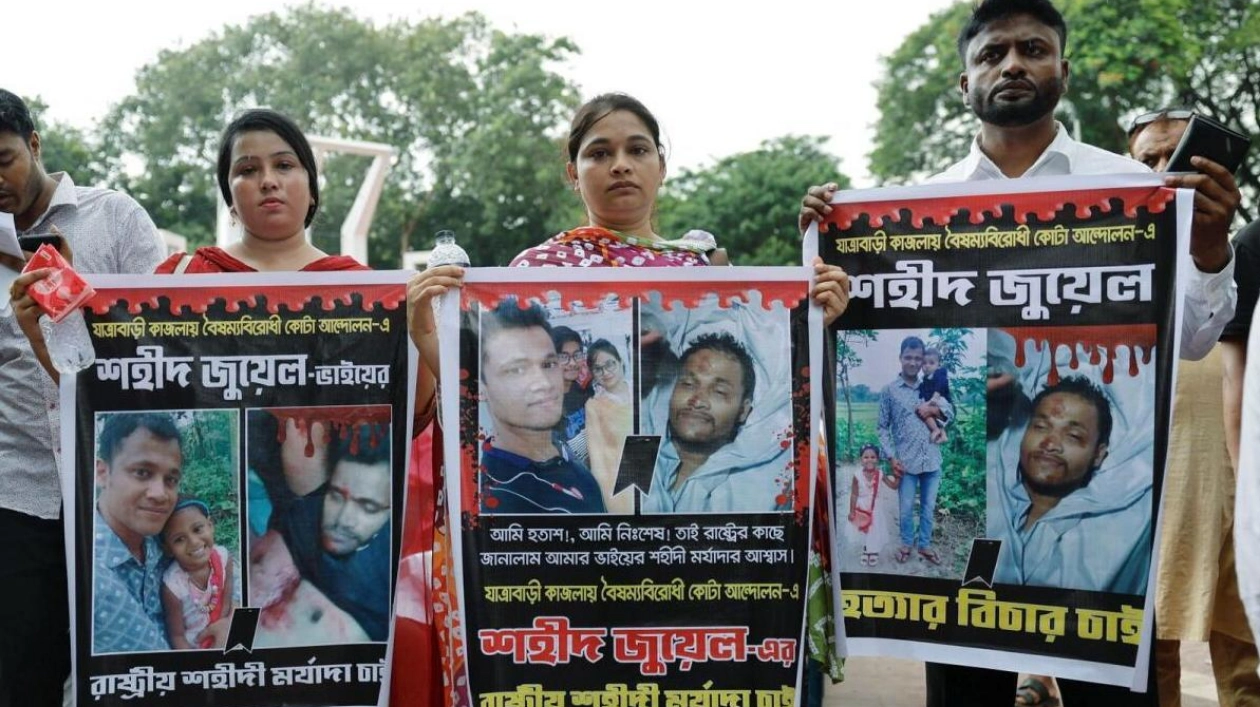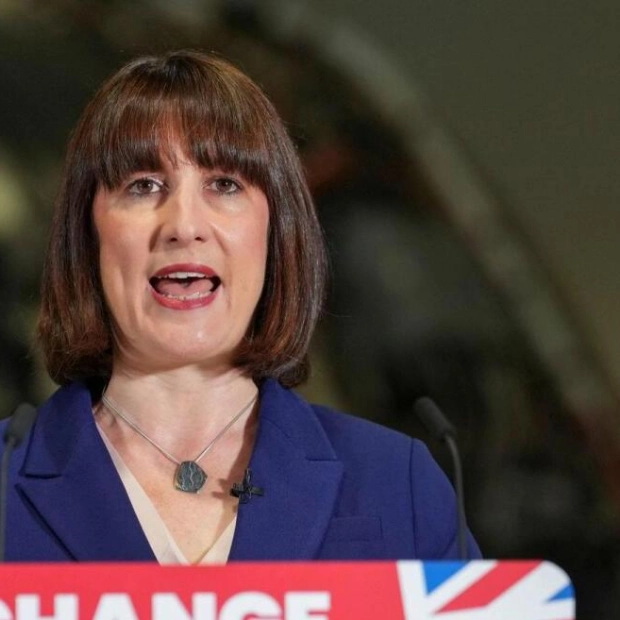Political unrest in Bangladesh is expected to hinder planned financial reforms and has already exacerbated vulnerabilities in the banking sector, according to S&P Global Ratings on Wednesday.
Prime Minister Sheikh Hasina resigned and escaped to India last week following student-led demonstrations against her government, which escalated into the most severe violence since Bangladesh's 1971 separation from Pakistan. These events resulted in 300 deaths and thousands of injuries. An interim administration, headed by Nobel laureate economist Muhammad Yunus, has been established to address the political void and organize elections. However, the protests have expanded to include officials appointed during Hasina's tenure, such as the central bank governor and four deputy governors, all of whom have resigned. A new central bank governor has been appointed.
"We anticipate a risk of policy stagnation and a possible deceleration in financial reforms," stated Shinoy Varghese, a credit analyst at S&P Global Ratings. The banking sector's weaknesses, including insufficient liquidity, inadequate capital reserves, and poor asset quality, have intensified. The departure of key central bank officials could postpone ongoing structural reforms, the rating agency noted.
The protests originated from a July movement against government job quotas, as the $450-billion economy, once the world's fastest-growing, faced challenges with youth unemployment, inflation, and declining reserves. This led Hasina's government to request a $4.7 billion bailout from the International Monetary Fund, which was granted in January 2023. The turmoil has driven inflation to 11.66 percent in July, up from 9.72 percent the previous month, prompting the government to enforce a nationwide curfew that shut down transportation, offices, and the dominant garment industry for several days.
Moody's Analytics recently adjusted Bangladesh's GDP growth forecast for the year to 5.1 percent from 5.4 percent. "Bangladesh's rebound from the currency crisis depends on the new government's ability to address public concerns and restore social stability," Moody's stated in an analysis. The Asian Development Bank, a significant development partner for Bangladesh, announced its commitment to collaborate with the interim government for macroeconomic and fiscal stability, emphasizing the need to enhance private sector development and streamline government-to-business services to lower the cost of doing business in the country.






